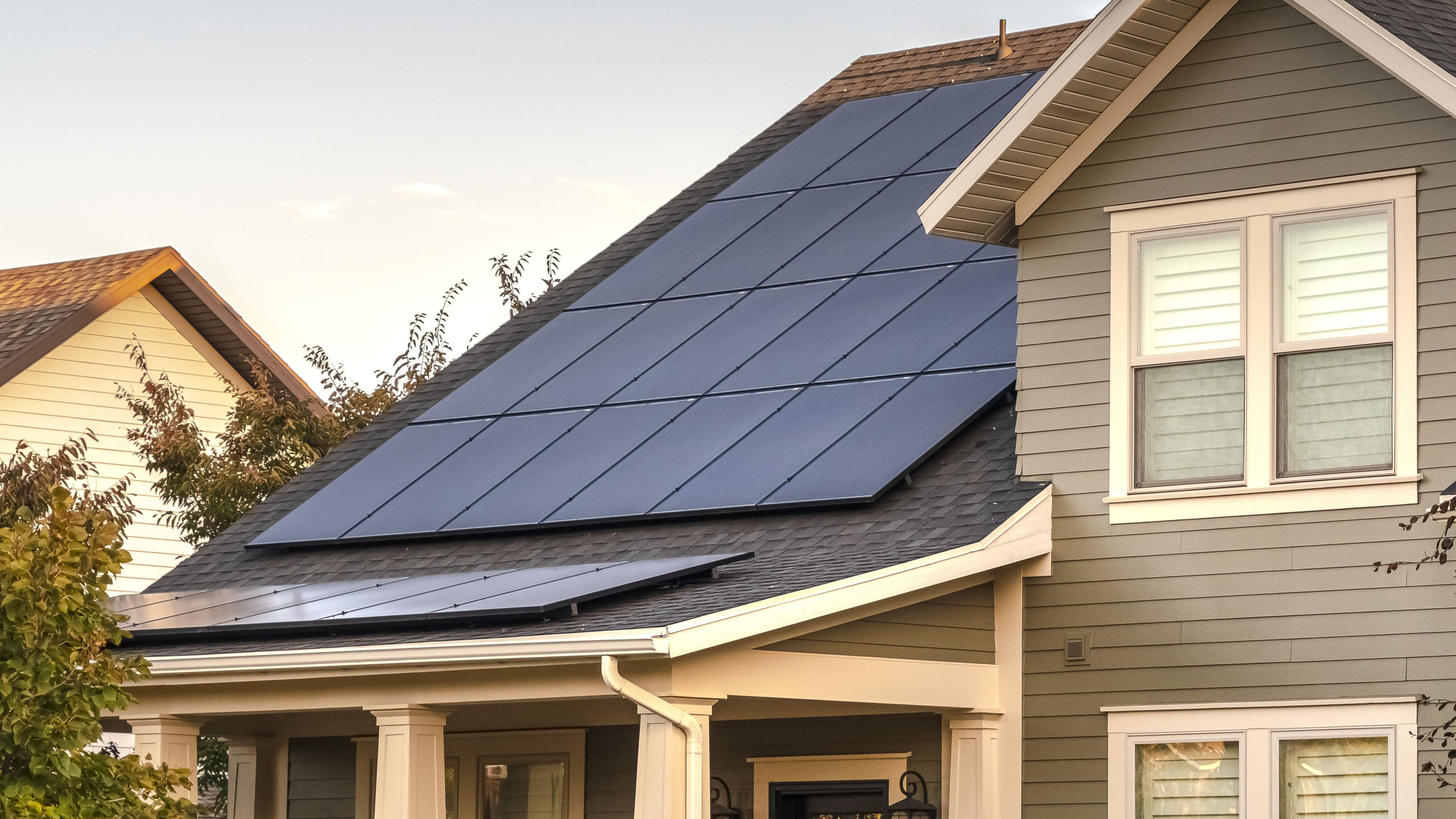What Does Energy Efficient Mean?
Energy efficiency at its core means optimizing energy use in all of its forms. For products, this means using less energy without compromising quality or functionality, while also eliminating as much waste as possible. In terms of buildings as a whole, the term energy efficiency refers to the ability to retain the energy put into the building for extended periods of time and reducing energy loss through various channels.
Why are Energy Efficient Products Better?
Energy efficient products are superior to traditional products in a multitude of ways. First, they consume less energy during use while still offering the same functionality as traditional products; often they will even perform better. Energy efficient products also draw less energy when turned off. Homeowners would be surprised to learn just how much power their computers and televisions use even in standby mode. Replacing outdated appliances and electronics with newer models will greatly reduce the energy demand no matter what state of use they are in. Water efficiency for clothes washers is also a very important factor in energy efficiency that is often overlooked. Water is a very valuable resource in an increasingly polluted world, so taking strides to reduce water consumption can have lasting impacts on the planet and the sustainability of our way of life.
The list of energy efficient products currently available is essentially unlimited. Everything from home appliances to electronics to lighting to heating and cooling equipment has been improved and optimized for energy efficiency. Here are a few quick facts about some of them:
- A new refrigerator or dishwasher can save homeowners $40 a year on energy; this adds up to a sizable amount over the lifetime of the appliance
- A new front loading clothes washer can cut water use by 40% and electricity use by 65%
- Energy Star light fixtures use 75% less energy than incandescent bulbs
- Improved televisions use 35% less energy than older models; energy savings occur during use and during off hours
- Electric heat pump water heaters can save 50% of the energy used for heating water due to its heat transfer system versus the typical heat generation system
- Energy Star windows can save 8% on energy bills
What are the Benefits of a More Energy Efficient Planet?
Energy efficiency is essential on a global scale. Greenhouse gas emissions are one of the most prevalent threats facing today’s world, and inefficient energy use is one of the leading contributors. Greenhouse gas emissions affect the planet in a couple of serious ways. First is the impact on the health of the planet. Greenhouse gas emissions are polluting the air, soil, and water all around the world. This affects not only our health, but the health of wildlife and the planet’s resources. Without improving energy efficiency and reducing these emissions, our planet will continue to suffer.
Greenhouse gas emissions also affect the global economy. The resources used to create the majority of the energy used worldwide comes from sources such as oil, gas, and coal. As these unsustainable resources are depleted, prices are driven up and global competition becomes more severe. Conflicts of this nature could be dangerous for the future economy and relationships between countries. Improving energy efficiency on a country-by-country basis will gradually improve global health and maintain economic integrity.
Improving energy efficiency in communities will have smaller-scale benefits as well. Not all communities are created equal; low income communities spend too much of their limited income on energy instead of necessities like medicine and groceries. Improving energy efficiency in larger, better-off communities will reduce prices for lower income communities. While this small scale application is highly important, the same concept applies on a global level. The more energy efficient first world countries become, the lower the resource demand will be for oil and coal; third world countries will need to spend less on energy and more on improving the living conditions for citizens.
Energy efficiency also creates jobs and promotes economic strength. It is estimated that for every million dollars invested into energy efficiency, 13 jobs are created, and $3-4 million dollars of economic growth is generated. Job creation is one of the most important stimulants for the economy and cannot be overlooked.
Why an Energy Efficient Home is Important
Energy efficient homes are becoming more and more popular as time goes on. As the technology improves and the benefits become more well known, homeowners are gravitating towards cleaner, greener homes. Let’s discuss the benefits that are incentivizing the push towards energy efficient homes.
- Monetary Savings: Energy efficient homes are structurally superior to traditional homes, they incorporate energy saving appliances, and they demand less overall energy on a daily basis. All of these factors result in reduced energy bills. Even though energy efficient appliances and home upgrades come with an initial cost, the savings over the next years in the home will more than make up for the starting investment.
- Home Comfort: Energy efficient homes are some of the most comfortable out there. Extra insulation in the walls and improved airtightness contributes to noise cancellation effects; traffic and noisy neighbors are nearly silenced. The temperature in energy efficient homes is also more reliable and consistent. Drafty windows do not exist and every room in the house is maintained at the same temperature.
- Home Value: It has been calculated that energy efficient homes are nearly 10% more valuable than comparable traditional homes. When it comes time to move, the extra value in the home may improve your move experience and economic comfort afterwards.
- Environmental Sustainability: Energy efficiency in your home can have a larger impact on the environment than you might think. Cutting back on energy use reduces the demand on the grid; this lowers the amount of energy that needs to be produced and therefore the amount of greenhouse gas emissions released into the environment. Energy efficient homes also incorporate more durable and quality appliances which have a longer lifespan than older appliances. Appliances and old electronics can release harmful chemicals into the environment once they end up in landfills; energy efficient homes reduce the frequency with which this occurs.





